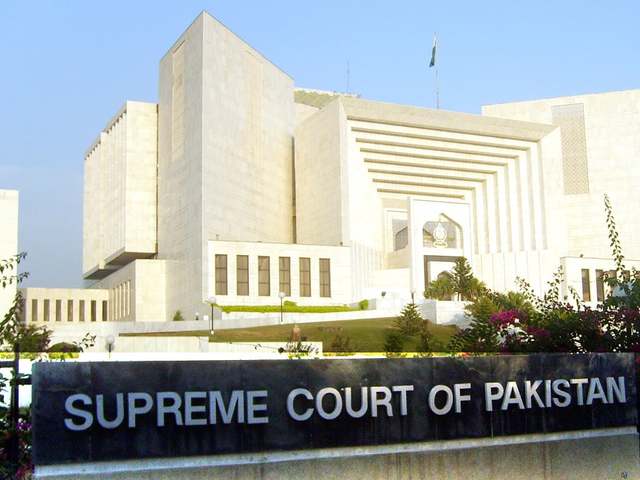The Supreme Court was approached to address the issue of exorbitant electricity bills resulting from excessive capacity payments, which affect millions of Pakistanis.
Imtiaz Gul prayed the apex court to issue restraining orders, halting all capacity payments and profits to 16 state-owned power sector entities (under federal, provincial, and AJK governments) until a final judgment is rendered on his petition. He further requested that all GoP, provincial, AJK-owned, and related entities be prohibited from charging Return on Equity, Return on Equity during Construction, and Return on Assets/Investments for at least 10 years, until the economy stabilizes and exchange rates and fuel prices decrease.
The petition, filed by Gul—Executive Director of the Center for Research and Security Studies (CRSS)—was submitted under Article 184(3) of the Constitution through his counsel, Anees Jilani. It named the Government of Pakistan through the Secretary of the Ministry of Energy (Power Division), the National Electric Power Regulatory Authority (NEPRA) through its Managing Director, and the Central Power Purchasing Agency (Guarantee) Limited (CPPA-G) through its President as respondents.
The petitioner questioned how government entities could conduct business in their own country at the expense of consumers and why Independent Power Producers (IPPs) in Pakistan, particularly government companies, should be paid in dollar equivalents.
Gul urged the apex court to end the indexation of profits and tariff components with the Dollar, advocating instead for indexation against local inflation. He also requested that data from power plants be collected to recover excess profits earned by IPPs and to renegotiate payment terms with state-run power companies, aligning payments with the rupee.
Moreover, he proposed that the National Transmission and Despatch Company (NTDC), owned by the Federal Government, be declared a nonprofit organization, with development projects funded directly by the GoP to prevent it from being used as a profit-making vehicle.
He contended that capacity payments to power producers, both state-run and independent, were a major contributor to high electricity costs. “Despite Pakistan’s electricity generation capacity standing at 46,000 megawatts, the country’s maximum transmission capacity is only 23,000 megawatts, while actual demand often falls below 15,000 megawatts. As a result, citizens are forced to pay for idle plants,” the petitioner argued.
Gul highlighted a report by Dr. Khalid Waleed, a Research Fellow at SDPI, which revealed that Pakistan is likely to pay Rs 3 trillion for electricity generation during the 2024-25 fiscal year. Of this amount, only Rs 1.16 trillion is attributed to energy charges, while a staggering Rs 1.95 trillion will go into capacity charges.
The petitioner submitted that all power companies, including state-owned ones, enjoy hefty profit margins between 15% and 29%, depending on the technology and energy policy. “This profit margin is Dollar-based, implying that any depreciation in the rupee value leads to an automatic adjustment,” he argued, noting that the exchange rate provided in the 1994 Power Policy was PKR 30.03, while it is currently hovering around Rs 280/USD.
He further warned that the situation for IPPs is likely to worsen and complicate capacity payments by 2028, when over 11,000 MW of hydel power stations—Dasu, Bhasha, Munda, Kohala, Sukhi Kinari, and others—come online, adding to capacity payments.
“If the exchange rate declines at the same pace and no curative measures are taken, end consumer costs may rise to Rs 150–200 per unit,” the petitioner contended. He also criticized the Federal, Provincial, and related state-run entities for establishing power plants on par with private investors, arguing that the GoP is effectively conducting business as a private company, which he described as “nothing short of mockery and looting,” given that these entities are also enjoying Dollar-based profits.




